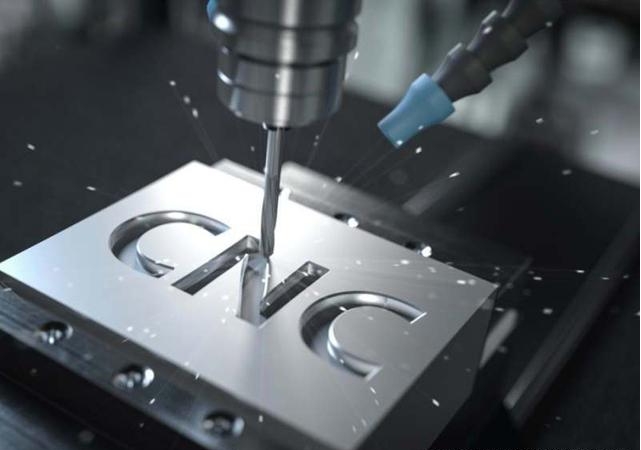The Prospects of CNC Technology in the Sheet Metal Fabrication Industry+ View more
The Prospects of CNC Technology in the Sheet Metal Fabrication Industry
+ View more
Date:2023-12-25 16:00
Introduction
CNC (Computer Numeric Control) technology has revolutionized the sheet metal fabrication industry, offering unparalleled precision, efficiency, and versatility. As this technology continues to evolve, it is crucial to explore its prospects and understand how it is shaping the future of sheet metal fabrication. In this article, we will delve into the various aspects of CNC technology and examine its potential impact on the industry.

- Enhanced Precision and Accuracy
One of the most significant advantages of CNC technology in sheet metal fabrication is its ability to deliver exceptional precision and accuracy. CNC machines are capable of executing complex operations with microscopic tolerances, ensuring consistency and high-quality output. The automated nature of CNC programming eliminates human errors, resulting in reduced rework and wastage. With CNC technology, manufacturers can achieve intricate designs and tight tolerances that were previously unattainable, meeting the most demanding customer requirements.
- Increased Efficiency and Productivity
CNC technology significantly improves efficiency and productivity in sheet metal fabrication. With the use of CAD/CAM software, engineers can create detailed 3D models of components, enabling accurate simulations and efficient design modifications. These designs are then directly translated into machine instructions for CNC machines, eliminating the need for manual programming. CNC machines operate at high speeds and can perform multiple tasks simultaneously, leading to faster turnaround times and increased production capacity. This enhanced efficiency allows manufacturers to meet tight deadlines and handle large-scale projects with ease.
- Versatility and Flexibility
CNC technology offers unparalleled versatility and flexibility in sheet metal fabrication. These machines can perform a wide range of operations, including cutting, drilling, milling, bending, and punching, all within a single setup. By simply changing the tooling or programming, CNC machines can adapt to different product requirements quickly. This flexibility enables manufacturers to produce diverse products efficiently, catering to a wide range of customer needs. Furthermore, CNC machines can work with various materials, including stainless steel, aluminum, and brass, providing flexibility in material selection.
- Integration with Automation and Robotics
CNC technology seamlessly integrates with automation and robotics, further enhancing its capabilities. By combining CNC machines with robotic arms, manufacturers can automate material handling, tool changing, and other repetitive tasks. This integration not only reduces manual labor but also improves safety and efficiency. Robotic systems assist in loading and unloading sheets, optimizing workflow and minimizing downtime. The combination of CNC technology and automation allows for continuous production and lights-out manufacturing, maximizing productivity and cost-effectiveness.
Conclusion
The prospects of CNC technology in the sheet metal fabrication industry are vast and promising. With its ability to deliver exceptional precision, increased efficiency, versatility, and seamless integration with automation, CNC technology is shaping the future of the industry. Embracing CNC technology enables manufacturers to stay competitive in a rapidly evolving market. By leveraging its advantages, businesses can enhance productivity, improve product quality, and meet the ever-growing demands of customers. As we move forward, it is crucial for companies to invest in CNC technology and explore its full potential to unlock new opportunities in sheet metal fabrication.
Share to:
Recommend wonderful blog posts
